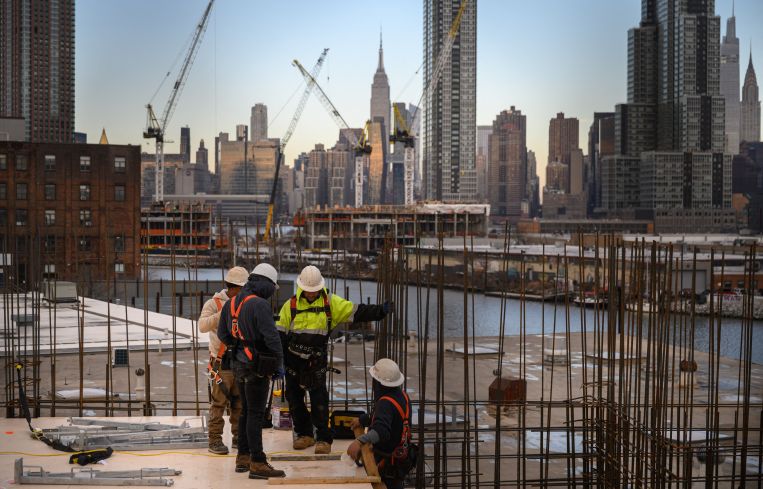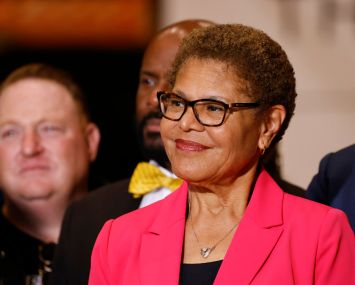Building Permits in NYC Continue to Slow, REBNY Finds
By Rebecca Baird-Remba December 12, 2023 3:50 pm
reprints
Foundation applications for new buildings — which show whether projects are actually moving forward with construction — continued to decline in November, which the real estate industry blamed on the lack of the 421a tax exemption and rising construction costs, according to data from the Real Estate Board of New York.
New filings for foundations to build multifamily buildings slipped from 21 applications in October to 19 in November, with just one filing for a building of more than 100 units, according to REBNY. Those 19 projects have 557 proposed units, which is less than half of New York City’s monthly average for 2022.
Developers filed only initial applications for 24 new building foundations per month on average this year, down from 55 in 2022. The total number of units proposed in those filings is also down 79 percent, from 45,162 apartments planned through November 2022 to 9,626 units during the same period in 2023, according to REBNY.
“New York City will likely finish 2023 close to 80 percent behind yearly production goals for new rental housing, which are necessary to keep up with population and job growth,” Zachary Steinberg, REBNY’s senior vice president of policy, said in a statement.
Only 27 buildings with more than 100 units have submitted initial foundation filings this year, down from 127 in the first 11 months of 2022. The one large project making its way through early New York City Department of Buildings approvals in November was 3541 Shore Front Parkway, a 318-unit development in Rockaway Beach, Queens.
REBNY blamed the slowdown in rental construction this year on the June 2022 expiration of the 421a tax exemption, which previously propped up building apartments in most of the outer boroughs and upper Manhattan. The state legislature and Gov. Kathy Hochul have yet to agree on a solution, even after Hochul proposed a replacement, 485w, last year.
“Without support from elected officials for new development incentives, there is no reason to expect 2024 will be any better,” Steinberg said. “This failure to support new development will impact all New Yorkers, making it more expensive and competitive to rent a home and less attractive to grow a business in our city.”
Rebecca Baird-Remba can be reached at rbairdremba@commercialobserver.com.


